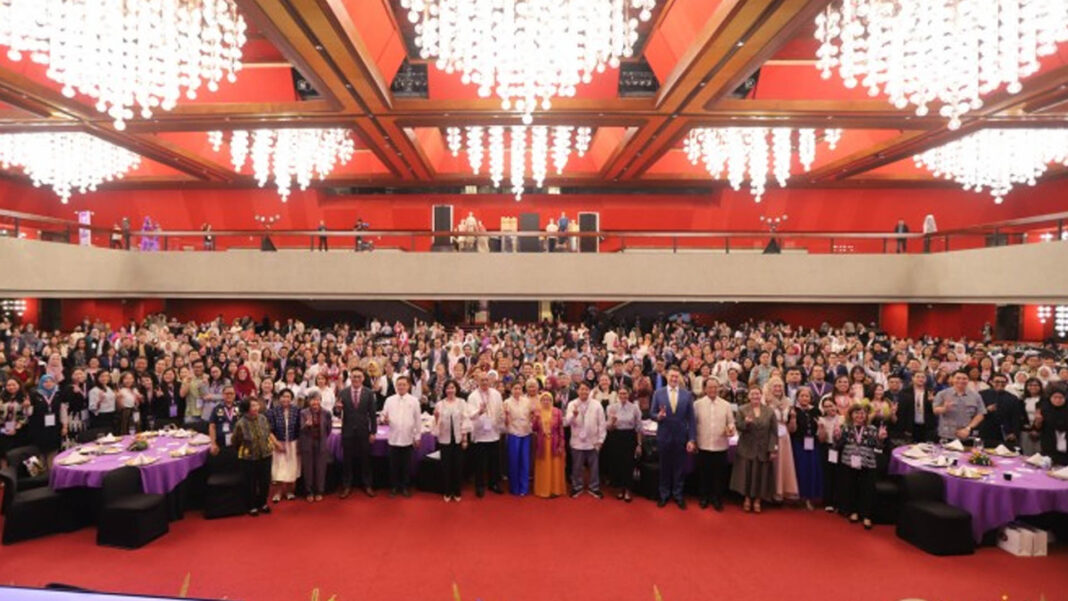Empowering women is essential not only in advancing equality but also in laying the foundation for lasting peace, Budget Secretary Amenah Pangandaman said.
Pangandaman said true peace cannot exist without women who help restore communities affected by conflict through leadership, compassion and resilience, according to a news release on Friday.
Women’s leadership is indispensable in healing communities torn by conflict, she said in her keynote address during the 2025 Philippine Conference on Women, Peace and Security (WPS) at the Philippine International Convention Center on Oct. 28 to 30.
“Empowered women play a vital role in laying the foundation of enduring peace,” Pangandaman said
Anchored on the theme “Empowering Local Women, Peace, and Security Champions as Agents in Socioeconomic Transformation,” the three-day event gathered about 600 delegates from government, civil society, academia, media, and international organizations to promote inclusive and participatory peacebuilding.
The conference supports President Ferdinand R. Marcos Jr.’s vision to strengthen women’s role in achieving a just and lasting peace.
The event also reflects on the government’s deep commitment to gender-responsive leadership and community-based peace processes.
Presidential Adviser on Peace, Reconciliation and Unity Secretary Carlito Galvez Jr. joined Pangandaman in leading the opening ceremony, reaffirming the government’s commitment to inclusive peace.
Galvez emphasized the link between women empowerment and the success of peace initiatives nationwide.
Solicitor General Darlene Marie Berberabe, who served as guest of honor, urged women to move beyond being mere beneficiaries and take on leadership roles.
“Women should stop being just beneficiaries. We should take part in leadership,” she said.
The conference, built on the achievements of the 2024 International Conference on WPS and the Pasay Declaration, advanced the four pillars of the National Action Plan on Women, Peace, and Security 2023–2033: Empowerment and Participation; Protection and Prevention; Promotion and Mainstreaming; and Monitoring, Evaluation, Accountability and Learning.
An exhibit during the conference featured stories of women peacebuilders whose courage and compassion transformed communities once divided by conflict.
Participants concluded the conference with a shared message that empowering women is not only a matter of inclusion but the very foundation of peace. (PNA)


